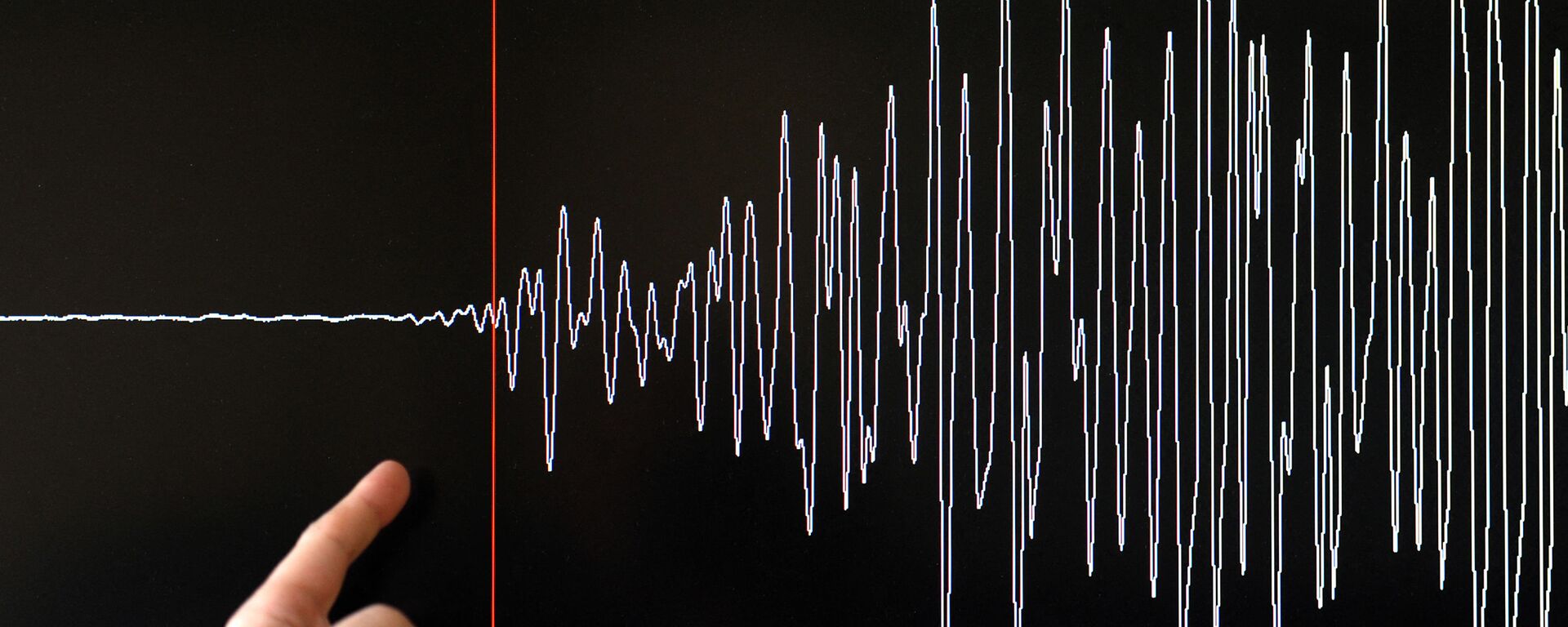https://sputnikglobe.com/20240104/japanese-authorities-still-searching-for-51-missing-people-after-earthquake---reports-1115972594.html
Japanese Authorities Still Searching for 51 Missing People After Earthquake - Reports
Japanese Authorities Still Searching for 51 Missing People After Earthquake - Reports
Sputnik International
Authorities in Japan's Ishikawa Prefecture, which was hit by a powerful earthquake and a series of strong aftershocks on New Year's Day, are still trying to establish the fate of 51 missing people, the Japanese news agency reported on Thursday.
2024-01-04T07:48+0000
2024-01-04T07:48+0000
2024-01-04T07:48+0000
asia
japan
earthquake
https://cdn1.img.sputnikglobe.com/img/07e8/01/02/1115942504_0:0:3072:1728_1920x0_80_0_0_841c44388b3129ba55b939244f88b597.jpg
In the city of Wajima alone, where the highest number of deaths was recorded as a result of the disaster, six people are still considered missing. Rescue services have received from 40 to 50 reports of collapses of buildings, under the rubble of which many people could be trapped, the local administration was cited as saying by media. During a press conference on Thursday morning, Japanese Prime Minister Fumio Kishida one more time urged all those involved in the search operation to make "all-out effort" to find those missing as the 72-hour period crucial for rescuing people was running out, the news agency reported. On Monday afternoon, a powerful 7.6 magnitude earthquake, followed by a series of aftershocks, struck near the city of Suzu on the Noto Peninsula in Ishikawa Prefecture. The death toll from the disaster has so far reached 78, while over 100 others were injured. The tremors also led to buildings collapsing and left more than 32,000 households without power, although no nuclear power plant failures were registered. The earthquake on January 1, 2024, became the most powerful for the Noto Peninsula region since records began in 1885.
https://sputnikglobe.com/20240101/japan-records-total-of-29-earthquakes-in-2-hours-1115930703.html
japan
Sputnik International
feedback@sputniknews.com
+74956456601
MIA „Rossiya Segodnya“
2024
Sputnik International
feedback@sputniknews.com
+74956456601
MIA „Rossiya Segodnya“
News
en_EN
Sputnik International
feedback@sputniknews.com
+74956456601
MIA „Rossiya Segodnya“
Sputnik International
feedback@sputniknews.com
+74956456601
MIA „Rossiya Segodnya“
japan disaster, japan earthquake, ishikawa quake
japan disaster, japan earthquake, ishikawa quake
Japanese Authorities Still Searching for 51 Missing People After Earthquake - Reports
TOKYO (Sputnik) - Authorities in Japan's Ishikawa Prefecture, which was hit by a powerful earthquake and a series of strong aftershocks on New Year's Day, are still trying to establish the fate of 51 missing people, the Japanese news agency reported on Thursday.
In the city of Wajima alone, where the highest number of deaths was recorded as a result of the disaster, six people are still considered missing. Rescue services have received from 40 to 50 reports of collapses of buildings, under the rubble of which many people could be trapped, the local administration was cited as saying by media.

1 January 2024, 12:50 GMT
During a press conference on Thursday morning, Japanese Prime Minister Fumio Kishida one more time urged all those involved in the search operation to make "all-out effort" to find those missing as the 72-hour period crucial for rescuing people was running out, the news agency reported.
On Monday afternoon, a powerful
7.6 magnitude earthquake, followed by a series of aftershocks, struck near the city of Suzu on the Noto Peninsula in Ishikawa Prefecture. The death toll from the disaster has so far reached 78, while over 100 others were injured. The tremors also led to buildings collapsing and left more than 32,000 households without power, although no nuclear power plant failures were registered.
The earthquake on January 1, 2024, became the most powerful for the Noto Peninsula region since records began in 1885.



